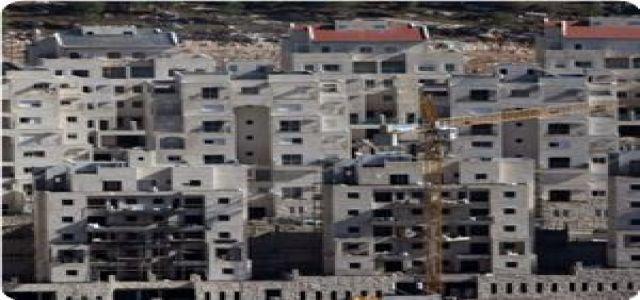- Palestine
- January 28, 2009
- 2 minutes read
Peace now: Settlement expansion rose by 60 percent in the last year

The Israeli leftist peace now organization reported that the settlement expansion in the West Bank rose by 60 percent in 2008 compared to the previous year, noting that the information came in the report was collected through field visits and supported with aerial photos.
Peace now underlined in its report that the number of new structures built in the settlements last year amounted to 1,257 including 748 permanent buildings and 509 caravans.
The report confirms that despite the Israeli government”s repeated announcement that it would stop settlement expansion and land confiscation, but the facts on the ground contradict this.
Regarding the settlement outposts which the Israeli government promised the high court to evacuate, the report affirms that not a single outpost was evacuated in 2008, but quite the reverse the settlers expanded the construction in these outposts taking special advantage of the Israeli war on the Gaza Strip.
It added that it is difficult to assess the amount of construction done during the weeks of the war, but it can be stated with certainty that a number of new roads were opened with the goal of extending control in the areas near the settlements such as the road made between the settlements of Eli and Shilo and the road surrounding the outpost of Haro”e.
The Israeli government also annexed new Palestinian lands in 2008 despite its pledges to stop land confiscation, the report said.
In a related context, the Israeli Haaretz newspaper revealed that confidential information received from an Israeli security apparatus confirmed that settlers conducted unlicensed building operations in the majority of the West Bank settlements including roads, police stations and different infrastructures.
According to the newspaper, the Israeli government is secretive about spreading such information and considers it politically explosive stuff that might harm internal security and foreign relations.



